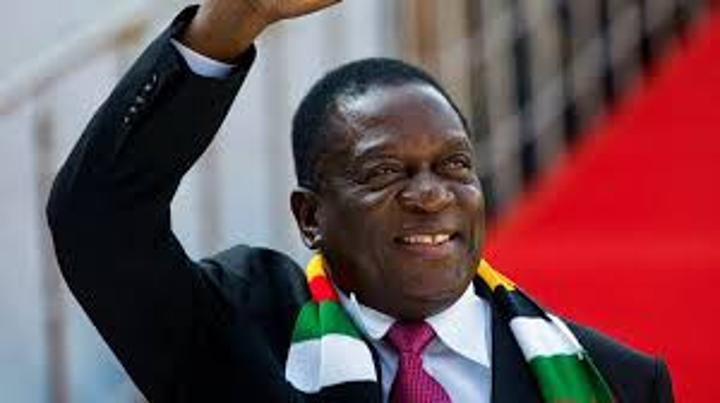Africa-Press – Zimbabwe. A HARARE lawyer has petitioned the Attorney-General to re-look into constitutional provisions governing tribunals set up by the President to investigate judges saying they are tyrannical.
The lawyer argued that the process is flawed because a judge facing removal is not granted the right to appeal the tribunal’s decision.
According to Chawaona Wildroad Kanoti, the lawyer, the entire tribunal process is a mere formality to remove an accused judge, who has no legal recourse.
He described process as undemocratic and tyrannical.
Kanoti noted that judges appearing before such tribunals do so “like a lamb to the slaughter”.
He pointed out that history shows no judge has ever been exonerated by such inquiries.
The only recourse for judges has been for them to resign whether they believe they are guilty or innocent.
“This is untenable,” Kanoti said.
“But it is obviously occasioned by the fact that practice and the impugned provisions indicate that the process of the inquiry is so constitutionally flawed as to be nothing else, but a slaughter inquiry.”
President Emmerson Mnangagwa has dismissed judges following tribunal recommendations.
These include Francis Bere, Benjamin Chikowero and Erica Ndewere.
Kanoti, however, said section 187 of the Constitution provided for the “removal of judges from office” based on the recommendation of an appointed tribunal, without affording the affected judge the right to appeal or to seek a second opinion.
“The President just has to act as per the recommendation of the tribunal, period,” he submitted.
“The victim judge has no room for a second trial, a second opinion or has no room for any form of review or appeal by anyone or to any other body or authority with respect to the tribunal’s recommendation.
“This is despite the fact that throughout the Constitution there is room for reviews and appeals to any form of inquiry or trial.
“The reason is commonsensical to err is human and naturally therefore in a democratic jurisdiction such as ours room is provided for a second opinion, an appeal and/or a review to any other form of inquiry.”
He argued that subsection (8) of section 187 denies the President discretion to correct an error made by the tribunal.
Kanoti noted that powers granted under the Commissions of Inquiry Act should not include recommendations that “unquestionably bind the President of the nation, leaving him with no discretionary powers”.
“I, therefore, humbly seek that the esteemed Parliament of Zimbabwe seriously considers amending the offending subsections (7) and (8) to section 187,” Kanoti submitted.
“This would align the provisions with the Constitution’s spirit and ‘meet the just demands and aspirations of our ever-developing society’.
“The wording or caption of the S187 itself, ‘Removal of judges from office’ stands negative and determinedly conclusive that a judge is about or ought to be removed as a consequence of the inquiry into his/her complaint of conduct.”
He added: “The President of Zimbabwe is the appointing authority for judges, therefore removing discretionary dismissal powers from him as is done by s187(8) is an unconstitutional limitation of his powers or worse still is interference with the independence of his Executive powers as the head of State for the nation.
“The appointment of a retired judge to a tribunal is not open and democratic and does not give the expected deemed independence of mind and opinion to the tribunal’s appointed retired judge as he/she is open to conducting him/herself to only the interests, not of the inquiry, but of his/her appointing authority.”
Kanoti proposed that the Constitution should provide for an appeal process to a higher court, such as the Supreme Court or a special sitting of the Constitutional Court.
He argued that a tribunal, which holds a protocol status equivalent to the High Court, should not be the final and mandatory authority on a judge’s removal.
The lawyer copied the petition to the Justice, Legal and Parliamentary Affairs minister and the Judicial Service Commission.
For More News And Analysis About Zimbabwe Follow Africa-Press






